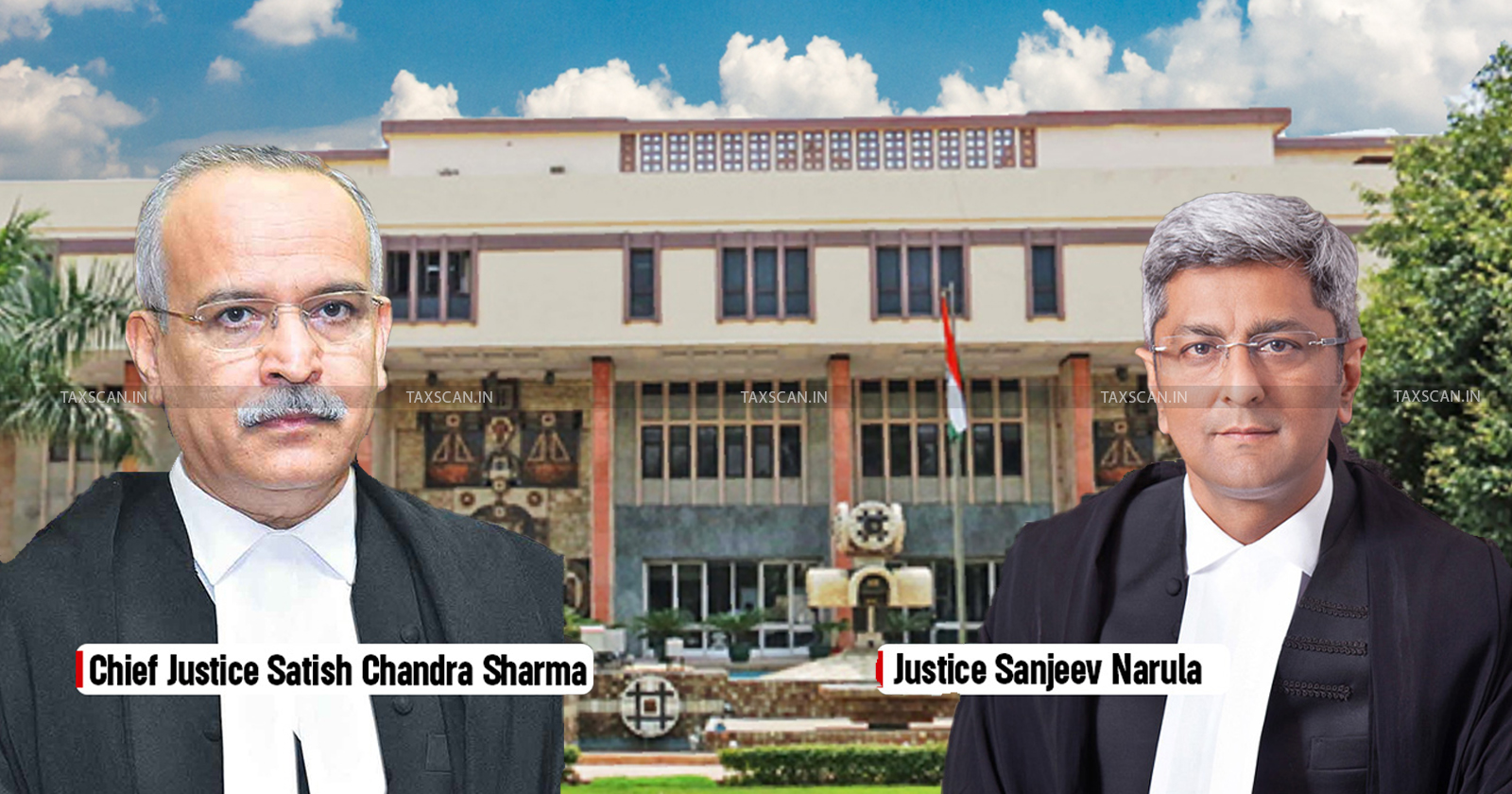Preference for Chartered Accountants over Cost Accountants in Finance Director Roles is Not Arbitrary or Constitutionally Violative: Delhi HC [Read Order]

Preference for Chartered Accountants over Cost Accountants in Finance Director Roles – Arbitrary or Constitutionally Violative – Delhi HC – TAXSCAN
Preference for Chartered Accountants over Cost Accountants in Finance Director Roles – Arbitrary or Constitutionally Violative – Delhi HC – TAXSCAN
In a noteworthy ruling, the Delhi High Court has concluded that the preference of Chartered Accountants (CAs) over Cost Accountants for Finance Director positions is neither arbitrary nor in violation of Articles 14 and 16 of the Indian Constitution.
The case revolves around the Appellant, Ruchir Agarwal, who was employed at Indian Oil Corporation Limited (IOCL) as Chief General Manager (Corporate Finance & Treasury) since July 21, 2021. He filed a writ petition challenging an advertisement from the Public Enterprises Selection Board (PESB) dated November 25, 2022, which gave preference to qualified Chartered Accountants over qualified Cost Accountants for the position of Director (Finance) at IOCL.
The Appellant argued that prior to August 19, 2021, both Chartered Accountants and Cost Accountants were considered equally eligible for the Director (Finance) role. However, an internal meeting held on August 19, 2021, by PESB members resulted in a preference for Chartered Accountants over Cost Accountants.
During the writ petition, the Single Judge of the Delhi High Court issued an interim order on March 22, 2023, allowing the Appellant to participate in the interview process for the Director (Finance) role, despite not being initially shortlisted. The interview results were sealed pending the court's decision. However, the same was dismissed by the Single bench.
The appellant contended that the relief sought in the writ petition, challenging the preference for Chartered Accountants, was not granted by the Single Judge, rendering the judgment legally flawed.
The appellant also argued that the Single Judge's reliance on Section 288 of the Income Tax Act, 1961, was misplaced. He asserted that this section had treated Chartered Accountants and Cost Accountants on par for the Director (Finance) position for nearly six decades until 2021, making the introduction of the contested qualification clause unjustified.
Furthermore, the appellant stated that the Single Judge erroneously held that expert committee recommendations are generally not subject to interference. He contended that expert committees can be subject to judicial review if they contravene established legal principles, as in this case, where the committee's report appears arbitrary and in breach of legal principles by favouring Chartered Accountants over Cost Accountants.
Lastly, the Appellant argued that the preferential treatment of Chartered Accountants by Respondents 1 & 2 (PESB and IOCL) is arbitrary, illegal, and infringes on his constitutional rights. He claimed that he was unjustly denied selection solely because he is a Cost Accountant while giving preference to Chartered Accountants.
The bench of Justice Satish Chandra Sharma and Justice Sanjeev Narula observed that “the Director (Finance) has the responsibility of overall in charge of finance, accounts and funds management of the organization and is also responsible for evolving and formulating policies relating to finance and accounts as well as implementation thereof.
Therefore, the conscious decision was taken to give preference to Chartered Accountants to promote all aspects of finance, accounts and funds management of the CPSEs and also to enable CPSEs to formulate policies which optimize the well-being of their business, finance and accounts. Hence, there is rational nexus between the basis of classification and the object intended to be achieved.”
The Delhi High Court opined that “the Cost Accountant and Chartered Accountant are not at all similarly placed as argued by the Appellant before this Court. They are governed by two independent statutes, and it is for the employer to arrive at a conclusion in respect of qualifications for posts, keeping in view the nature of job for which the advertisement has been issued. In the present case, the experts have formed an opinion to give preference to Chartered Accountants over Cost Accountants, and, therefore, the decision taken by the Respondents cannot be treated as arbitrary or violative of the Article 14 and 16 of the Constitution of India as argued by the Appellant.”
The Court also noted that “The prescription of qualification for a particular post is the sole domain of the employer/expert bodies. The Court cannot substitute its view in place of the view taken by the expert bodies which is based upon deliberation, thorough research and with application of mind. The nature of job, the duties and responsibilities of particular qualification for a post is the sole domain of the employer/authorities who are empowered to carry out the process of selection, and, therefore, in the considered opinion of this Court, in respect of policy matters, the question of interference by a Court in exercise of its powers under Article 226 of the Constitution of India does not arise.”
The bench stated that the Supreme Court in a large number of cases has held that unless a policy decision taken by the Government is demonstrably capricious or arbitrary or if it suffers from the vice of discrimination or infringes any statute or provisions of the Constitution, the same cannot be interfered with.
Thus, the bench justified the dismissal of the writ petition by the single bench and held that there is no case for interference with the Impugned Judgment made out in the instant appeal.
To Read the full text of the Order CLICK HERE
Support our journalism by subscribing to Taxscan premium. Follow us on Telegram for quick updates


